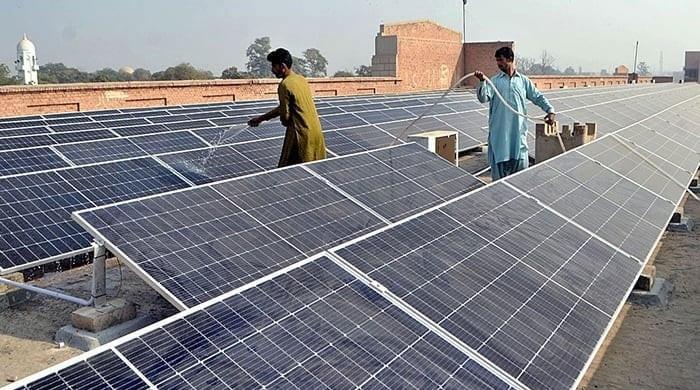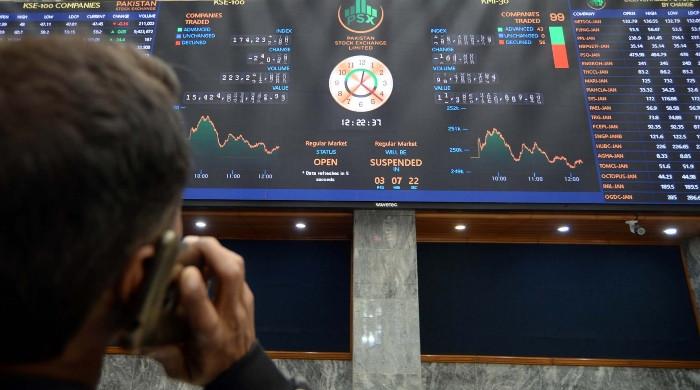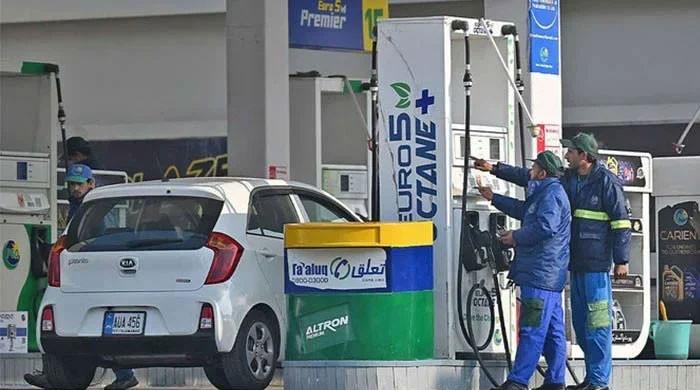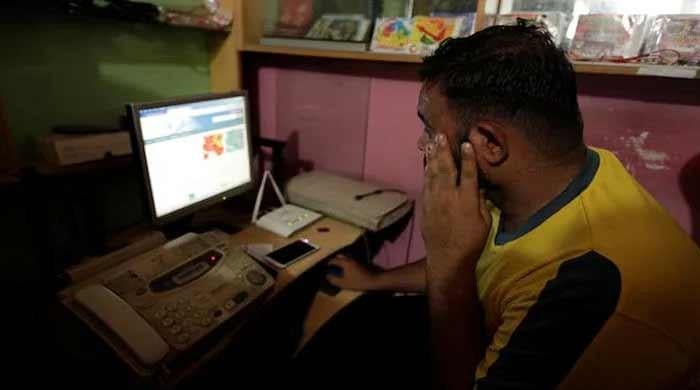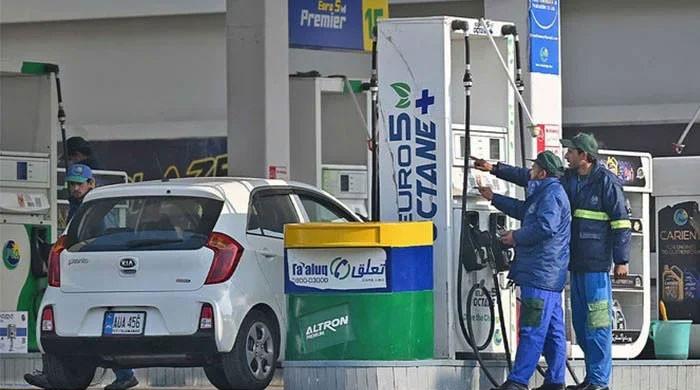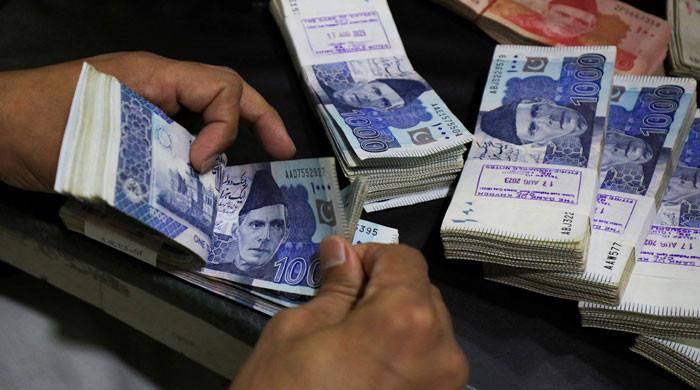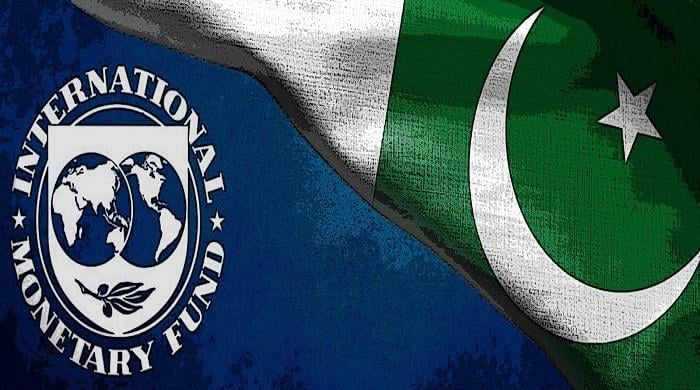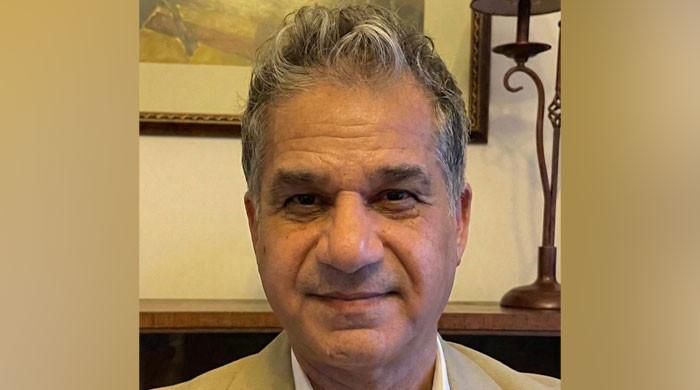Pakistan’s five-year credit default swap widens sharply
Country's credit default swap increases by 394 basis points day-on-day to 64.19%
November 15, 2022
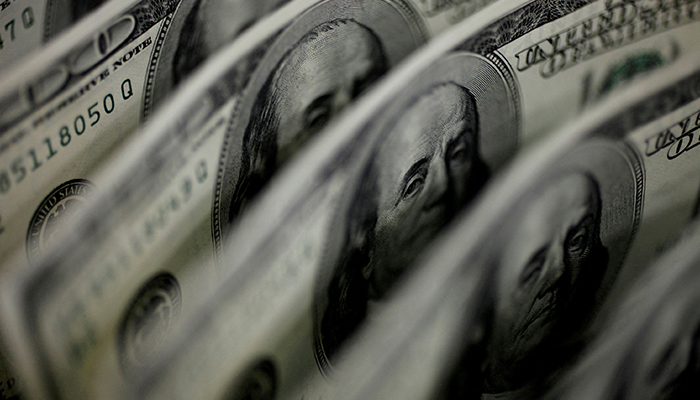
- CDS increases by 394 basis points day-on-day to 64.19%.
- CDS has surged by 4,210bps since October 11, 2022.
- Analyst says persistent political unrest causing CDS to rise.
KARACHI: Pakistan’s five-year credit default swap — used to insure against restructuring or default — has sharply widened as investors become wary of the country’s ability to meet its bond obligations, The News reported Tuesday.
On November 11 (Friday), the CDS increased by 394 basis points (bps) day-on-day to 64.19%, according to data from Arif Habib Limited. The CDS has surged by 4,210bps since October 11, 2022.
After having stood at 52% at the beginning of this month, the CDS started to spike. This increase indicates that investors were worried that the country would miss its obligation to repay credit holders $1 billion because the Sukuk is due to mature on December 5, 2022.
“The country's persistent political unrest is what is causing the CDS to rise,” said an analyst.
“Furthermore, the country’s default risk on repayment of its foreign debt is rising due to the fall in its foreign exchange reserves and remittances as well as lack of time framework to receive financing from the friendly countries,” he added.
The country is likely to see huge potential outflows this quarter as a result of foreign debt repayments, which could put pressure on the foreign currency reserves and the currency as well.
The forex reserves held by the State Bank of Pakistan (SBP) fell by $956 million to $7.9 billion during the week ended November 4 due to external debt servicing.
Pakistan’s external financing needs were estimated at about $32-34 billion for this fiscal year.
China and Saudi Arabia have pledged to provide a $13 billion financial package to Pakistan. However, no timeline was provided by these two countries as to when the committed funding would start arriving.
In a recent development, Saudi Crown Prince Mohammad Bin Salman’s visit to Pakistan has been postponed. The date for holding talks between the International Monetary Fund (IMF) and Pakistan to start the ninth review of the Extended Fund Facility has also still not been decided.
However, flows from World Bank, Asian Development Bank, Asian Infrastructure Investment Bank, and other multilateral donors are expected to keep coming in.
These will replace losses from remittances and exports and give support to the balance of payments.
The yield on the five-year third Pakistan International Sukuk Company Limited increased by 964bps to 69.96% on Monday. However, the yield on a 10-year Eurobond, maturing on April 15, 2024, fell to 60.94% from 63.07% on Friday.




